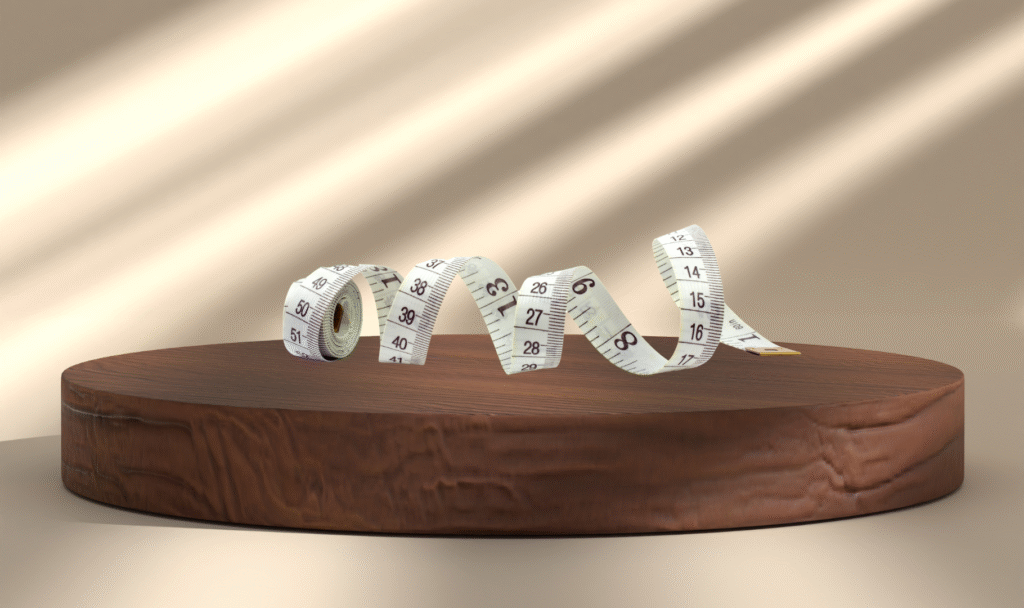This Blog post dismantles the blame that diet culture places on women. I will give you guidance on overcoming the desire to continue diet cycles and I will help you understand a better, more sustainable option that will bring you lasting results. I am so passionate about this topic as this has been my personal story for so long. It pains me to say but sometimes, it still is. That urge to go on a new fad diet is burning more often than not because I heard someone lost so much weight and if it can work for them it should work for me right? Wrong. I always fail and I took a moment to unpack this. Am I doing it wrong, do I not have what it takes to do it consistently (which often is the cause) or is there something inherently flawed about the diet itself? These questions have led me to do research as to why this is and based on the answers I discover I can either change my behaviour or change my approach. In the end, I still long for the result that has led me to start these diets after all so if it doesn’t work, what does?

We will explore the following topics and hopefully by the end of this you have a clear answer and a better understanding of diets and why they fail
Why do diets fail?
Diets tend to follow the all-or-nothing approach
Diets typically ignore individual context
Diets are short-term focused
What will work instead?
Building skills not following rules
Self-awareness and Self-compassion
Readiness and Capability
Why Do Diets Fail?
If you think back at any conversation you’ve ever had about weight loss, the word ‘diet’ is guaranteed to have shown up followed by a set of rules the person is about to follow for an x amount of time. Their tone of voice is full of confidence and excitement and dare I say even a little bit smug – like this time, they’ve cracked the code. They proceed to explain where they heard of the diet (some celebrity endorsed or social media trend I’m sure) and then off they go embarking on this very exciting, high hopes adventure. They cut whatever is not part of the diet’s ‘yes’ list and actually stick to it religiously for at least 24 hours, some even longer. Most women grit their teeth through a new diet for a couple of weeks – three, if they’re really pushing it – before willpower wears off, life gets ‘lifey’, and the whole thing unravels.
Diets tend to follow the all-or-nothing approach
These diets are where you have to cut whole food groups or stay under a ridiculously low amount of daily calories for it to actually work. There is usually no wiggle room for occasional treats or even a change of plans since some diets can even be time restricted. There are many examples of these diets and these actually do have a place, for example, they are used to manage a medical condition etc. For the average person though, it is just unsustainable and is guaranteed to lead to burn-out, side-effects, and often yo-yo dieting.

Diets typically ignore individual context
Like I mentioned above, there is a place for some of these diets. The truth is that there is almost always a reason a diet has sparked traction. The amazing thing of it all is under the right conditions, they do work, which shows how powerful nutrition actually is. For example, the keto diet has been shown to work for managing epilepsy or the FODMAP diet, used for those with IBS. But for the average person with no medical condition, there are often not enough considerations made for personal circumstances, emotional triggers, daily lifestyles or struggles with body image. It’s simply the new craze that often guarantees fast weight loss and a whole host of other big claims.
Diets are short-term focused
These diets may or may not work, delivering ‘fast’ weight loss results. But they aren’t bothered much about how to maintain these results which leads to the regain and often puts you in a situation worse off than how you started. Frustrating, right. Diets prioritise results over long-term sustainability which is most likely why everyone is always on a “diet”. It’s like getting a flashy new car but no keys, it looks great for a moment but you can’t do anything with it. In this situation, you would still be better off with a bike or walking than you are having this flashy car.
What will work instead?
This is my favourite part of the post, I get to share my exciting findings and this is going to be so much fun. You know how I said above that diets don’t work because they lack sustainability? Well, the answer is actually relatively simple and surprisingly easy. Here we go:
Building skills not following rules
If we take this option, we start small but we build confidence in the ability to sustain this new skill over a long time which will lead to weight loss (if done correctly) but more importantly it will become a life habit over time which is very important for sustainability. Instead of obsessing over rigid food groups or times, focus on the quality and quantity of nutrients the food you eat will provide you. Learn how to create well balanced meals for every meal or learn how to consume more water everyday. I would definitely recommend starting with the basics and truly build the skill of consistency and then move on. Progressing with this is important so give yourself a week, for example, to consistently drink 2 litres of water every day before moving onto meal preparation etc. Remember, rules break under pressure, skills help you thrive.
Self-awareness and Self-compassion
Start to notice what actually drives your eating: stress, emotions, habits, beliefs? If you are aware of your own cues you can build little systems that help you overcome urges that will steer you in the wrong direction. When you have compassion, you allow for change to take place quicker. Most people truly struggle with change so be ahead of it. Learn your own cues and act from a place of care – not guilt or shame.

Readiness and Capability
Assess what you are ready, able and willing to do right now. For example you might feel ready to start your weightloss journey right now but you are not willing to start slow and stay consistent because you need or want quick results (that most diets promise). Be very authentic in this step because the only person who has complete autonomy over this is you. This means no all-or-nothing thinking, no forcing. Just smart steps that are achievable and sustainable and most importantly, that actually supports your lifestyle.
Final Thoughts
If you ever blame yourself for failing a diet, I want you to know – it was never about willpower. It is not your fault. Diets are designed to be short term, rigid and unsustainable. But there is another way. One rooted in compassion and self-awareness.
So, if you are tired of starting over, I hope this gives you permission to stop chasing perfection and start focusing on progress. Small steps. Honest reflection. Sustainable habits.
You don’t need another diet, you need new direction, it starts with you.